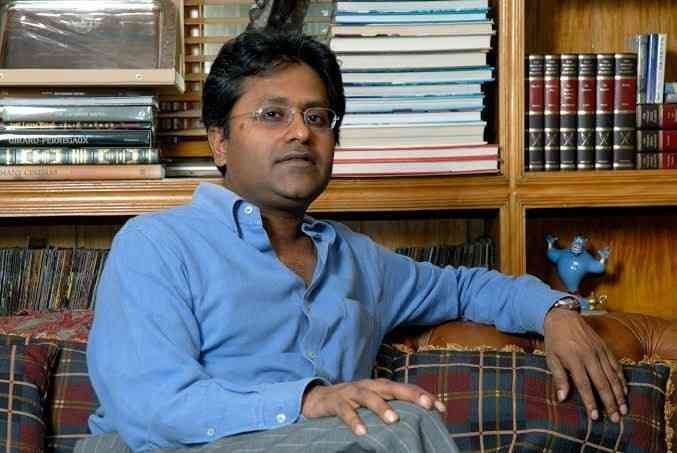Vanuatu Prime Minister Jotham Napat has ordered the cancellation of the passport issued to Lalit Modi, the former founder of the Indian Premier League (IPL). This decision comes shortly after Modi filed an application with the Indian High Commission in London to surrender his Indian passport. The Prime Minister’s directive is based on concerns that Modi is attempting to evade extradition to India, where he is wanted by law enforcement agencies for alleged financial misconduct.
The announcement was made through an official media release from the Republic of Vanuatu, which stated, “I have instructed the Citizenship Commission to cancel the Vanuatu passport issued to Mr. Lalit Modi following recent revelations in international media.” The release highlighted that Modi’s actions appear to be aimed at avoiding extradition, a situation that the Prime Minister deemed unacceptable.
Recent reports have surfaced indicating that Modi is under investigation in India for his alleged involvement in the embezzlement of substantial sums during his tenure as the IPL’s chief executive. The allegations against him include bid-rigging, money laundering, and violations of the Foreign Exchange Management Act (FEMA). Modi has been living abroad since 2010, when he left India amid investigations into his financial dealings, including unauthorized fund transfers.
The Vanuatu Prime Minister’s statement also referenced the rejection of two requests from Indian authorities to issue an Interpol alert notice for Modi. According to the release, these requests were denied due to a lack of substantial judicial evidence. The Prime Minister emphasized that holding a Vanuatu passport is a privilege that should not be misused to escape legal accountability. “None of those legitimate reasons include attempting to avoid extradition, which the recent facts brought to light clearly indicate was Mr. Modi’s intention,” the statement read.
Sources indicate that Neeta Bhushan, India’s High Commissioner to New Zealand, played a crucial role in facilitating the cancellation of Modi’s Vanuatu passport, alongside other officials from island nations. The Indian Ministry of External Affairs (MEA) confirmed that Modi had submitted an application to surrender his Indian passport on March 7, a move that has raised eyebrows given his ongoing legal troubles in India.
External Affairs Ministry spokesperson Randhir Jaiswal stated, “He has made an application for surrendering his passport in the high commission of India, London. The same will be examined in light of extant rules and procedures. We are also given to understand that he has acquired citizenship of Vanuatu. We continue to pursue the case against him as required under law.”
Modi’s case has garnered significant media attention, particularly due to the high-profile nature of his previous role in Indian cricket and the serious allegations against him. The IPL, which he founded in 2008, has become one of the most lucrative and popular cricket leagues in the world, but Modi’s tenure was marred by controversies, including accusations of financial irregularities.
As the situation unfolds, the focus remains on the legal proceedings against Modi and the implications of his actions on international relations, particularly between India and Vanuatu. The cancellation of his passport is a clear indication of Vanuatu’s stance on the matter, reinforcing the notion that citizenship should not be used as a shield against legal accountability.
With Modi’s future uncertain and the legal landscape evolving, the case serves as a reminder of the complexities involved in international law and extradition processes. As authorities continue to pursue the matter, it remains to be seen how Modi will respond to these developments and what steps will be taken next in the ongoing investigation.








